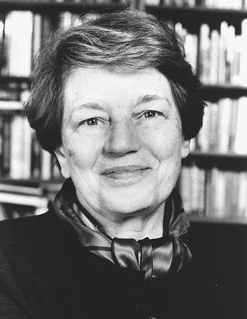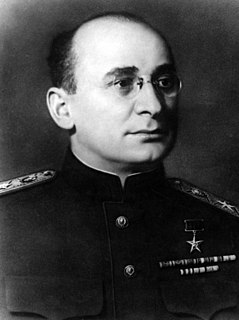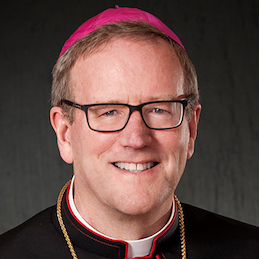A Quote by Mavis Gallant
[My father] had spent his own short time like a priest in charge of a relic, forever expecting the blessed blood to liquefy.
Related Quotes
The most important part of the daily ministration was the service performed in behalf of individuals. ... By his own hand the animal was then slain, and the blood was carried by the priest into the holy place and sprinkled before the veil, behind which was the ark containing the law that the sinner had transgressed. By this ceremony the sin was, through the blood, transferred in figure to the sanctuary
I have never lived the way I lived during my short time with you. For the first time in my life, I’ve felt whole, alive, free. You were the missing piece of my soul, the breath in my lungs, the blood in my veins. I think that if past lives are real then we have been lovers in every single one of them. I’ve known you for a short time, but I feel like I’ve known you forever
He should have known better because, early in his learnings under his brother Mahmoud, he had discovered that long human words (the longer the better) were easy, unmistakable, and rarely changed their meanings, but short words were slippery, unpredictable changing their meanings without any pattern. Or so he seemed to grok. Short human words were never like a short Martian word - such as grok which forever meant exactly the same thing. Short human words were like trying to lift water with a knife. And this had been a very short word.
My father had a real short fuse. He had a tough life - had to support his mother and brother at a very young age when his dad's farm collapsed. You could see his suffering, his terrible suffering, living a life that was disappointing and looking for another one. My father was full of terrifying anger.
Such was the will of the Father that his Son, blessed and glorious, whom he gave to us, and who was born for us, should by his own blood, sacrifice, and oblation, offer himself on the altar of the cross, not for himself, by whom "all things were made," but for our sins, leaving us an example that we should follow his steps.
When the father dies, he writes, the son becomes his own father and his own son. He looks at is son and sees himself in the face of the boy. He imagines what the boy sees when he looks at him and finds himself becoming his own father. Inexplicably, he is moved by this. It is not just the sight of the boy that moves him, not even the thought of standing inside his father, but what he sees in the boy of his own vanished past. It is a nostalgia for his own life that he feels, perhaps, a memory of his own boyhood as a son to his father.





































